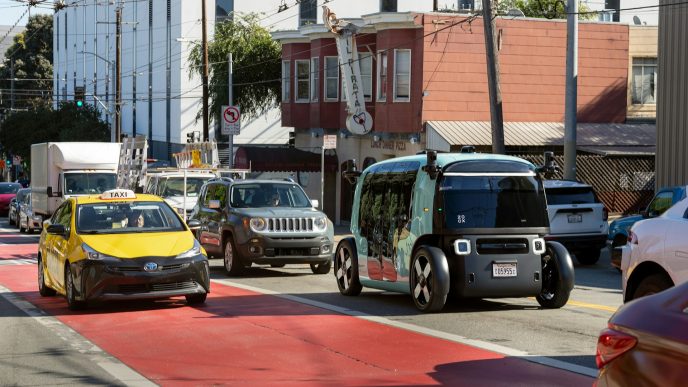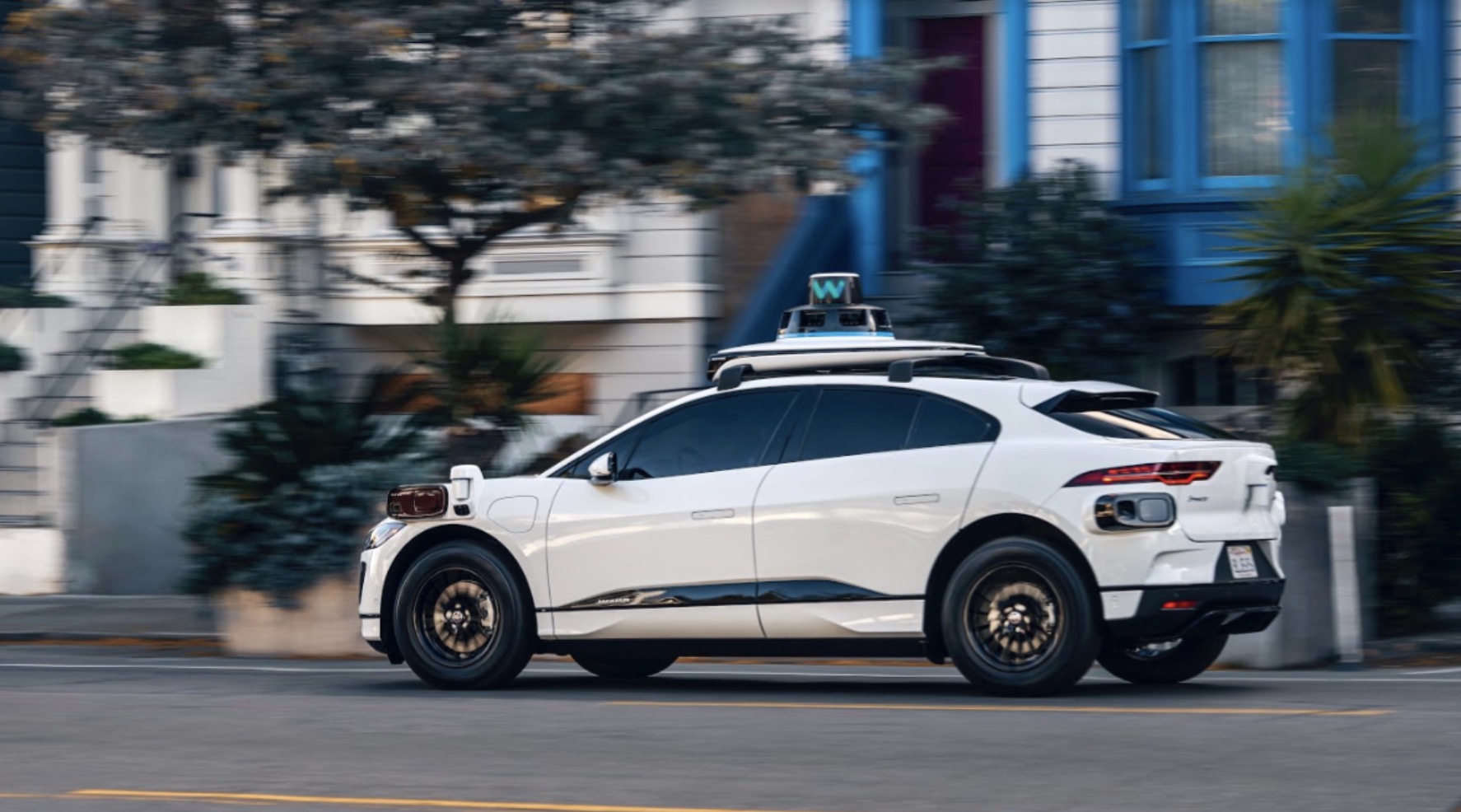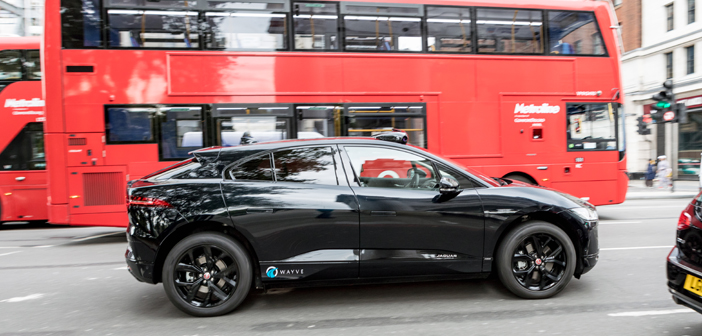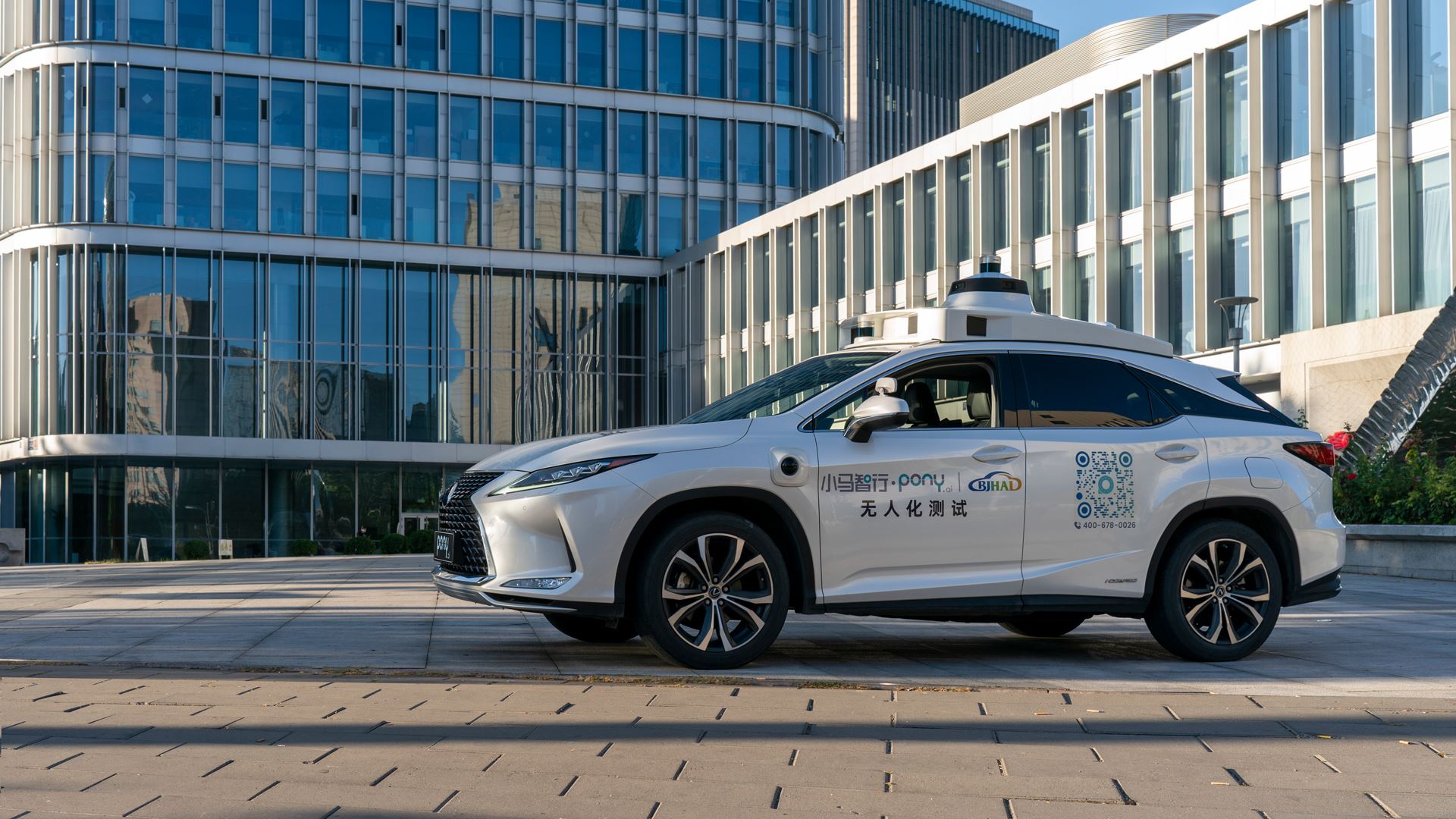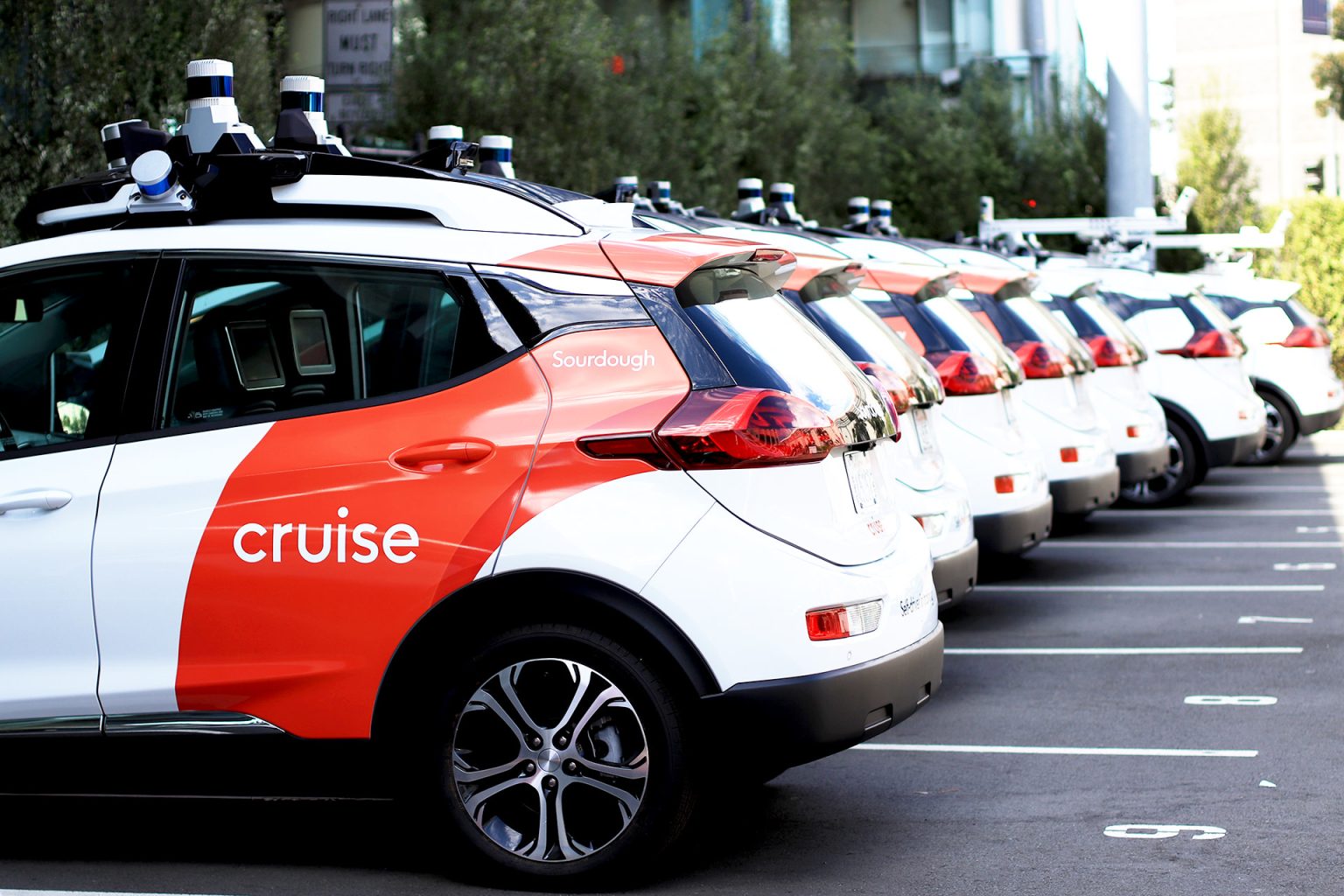Waymo, Alphabet’s driverless ride-hailing division, has announced a new AI-based research model for autonomous driving, signaling its exploration into advanced multimodal approaches for self-driving vehicles. The model, named EMMA, is designed to process sensor data and real-world information for use in autonomous navigation. Currently, EMMA remains in the research phase and is not operationally deployed in Waymo’s vehicles, underscoring the company’s cautious approach to the technology.
“EMMA is research that demonstrates the power and relevance of multimodal models for autonomous driving,” said Drago Anguelov, Waymo’s VP and Head of Research. EMMA leverages knowledge from Waymo’s Gemini language model, utilizing both large language models (LLMs) and vision-language models (VLMs) under what the company calls its Waymo Foundation Model. EMMA’s end-to-end design integrates real-time sensor data, processing inputs like camera footage and language prompts to inform driving decisions.
Among its primary features, EMMA incorporates “chain-of-thought” reasoning, which Waymo says improves its planning accuracy by 6.7%, offering insights into its decision-making processes. “The problem we’re trying to solve is how to build autonomous agents that navigate in the real world,” said Srikanth Thirumalai, Waymo’s VP of Engineering. “This goes far beyond what many AI companies out there are trying to do.”
The research announcement follows recent scrutiny in the autonomous vehicle sector. Sterling Anderson, Chief Product Officer at Aurora Innovation, expressed skepticism, suggesting the model could fall short without adequate safety mechanisms. Mobileye CTO Shai Shalev-Shwartz echoed similar concerns, noting that verifying the decision-making process for these models remains a “huge risk.”
Waymo’s recent $5.6 billion funding round has raised its valuation to $45 billion as it develops its next generation of self-driving vehicles, including new models built on Hyundai’s Ioniq 5 platform. Although EMMA is still undergoing development, it may represent a significant step in the company’s long-term vision for autonomous transportation.



